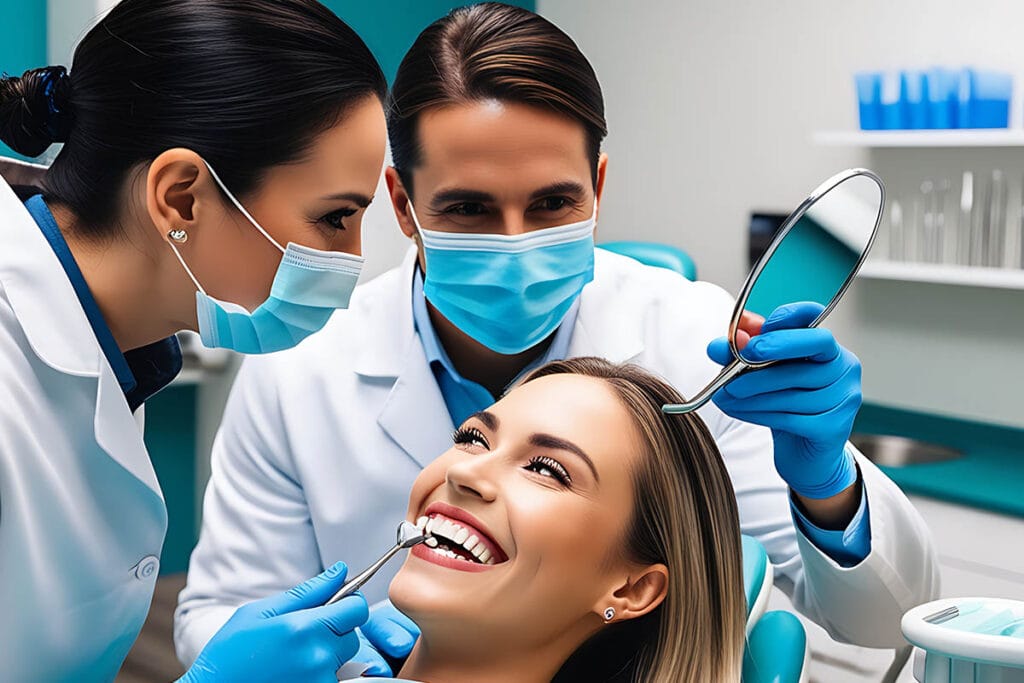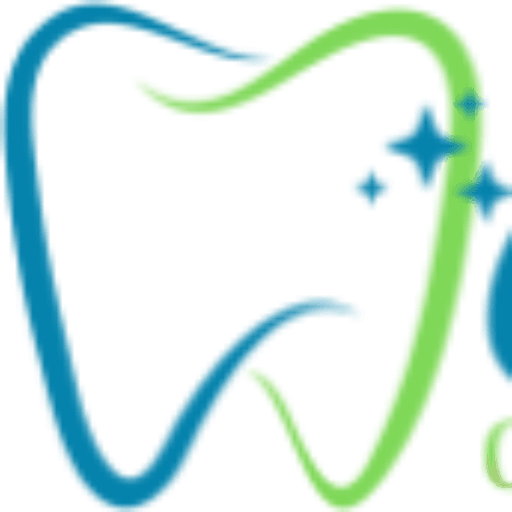So here’s something most people don’t think about: snoring and sleep apnea don’t just mess with your sleep—they can actually affect your teeth and gums too. Sounds surprising? We thought the same, but once you understand how closely these are connected, it all starts to make sense. Let’s talk about it, in simple words.
What is Sleep Apnea?
Sleep apnea is when your breathing keeps stopping or gets shallow while you’re asleep. Sometimes it’s just for a few seconds, sometimes longer, and it happens over and over throughout the night—without you even knowing it.
How Do You Know If You Sleep Apnea?
You might have sleep apnea if you:
- Snore loudly (and regularly)
- Wake up tired, no matter how many hours you slept
- Get morning headaches or a dry throat
- Feel cranky or super sleepy during the day
- Wake up gasping or choking randomly
- Find it hard to focus or feel mentally ‘foggy’
A lot of people think these things are “normal” or just part of stress. But nope—if they’re happening often, it’s worth looking into.
What About Snoring? Is It the Same Thing?
Not exactly. Snoring happens when air struggles to pass through your throat while you sleep. The tighter the airway, the louder the snore. It doesn’t always mean you have sleep apnea, but they’re often connected.
Here’s Where Oral Health Comes In
These sleep problems can lead to some annoying (and sometimes painful) dental issues.
1. Dry Mouth = Gum Problems:
Snoring and mouth-breathing dry your mouth out. And when there’s not enough saliva, your gums can get inflamed, irritated, and more likely to get infected.
2. Tooth Decay:
Saliva isn’t just there to keep your mouth wet—it also protects your teeth. Without it, bacteria grow fast and start damaging the enamel. That’s when cavities show up.
3. Bad Breath:
Dry mouth = more bacteria. Add leftover food particles and you’ve got bad breath that just doesn’t go away, even after brushing.
4. Mouth Sores:
Some people get little sores or ulcers from having a dry mouth for too long. It’s definitely not comfortable.
5. Grinding Teeth (Bruxism):
Lots of people with sleep apnea also grind their teeth in their sleep. Over time, this can lead to sensitive teeth, cracks, or even teeth getting worn down.
6. TMJ (Jaw Joint Issues):
When your body’s struggling to breathe at night, it can mess with how your jaw moves. As well as that might lead to jaw pain, clicking sounds, or stiffness in the morning.
How to Keep Your Mouth Healthy (Even If You Snore)
There are ways to protect your teeth and gums, even if sleep apnea or snoring are part of your life.
1. Keep Up With Brushing and Flossing:
It sounds basic, but doing it right (twice a day, gentle brushing, regular flossing) makes a huge difference.
2. See a Doctor If You Suspect Sleep Apnea:
Don’t self-diagnose. Besides there are sleep tests and proper treatments like CPAP machines or special oral devices that can help.
3. Drink Water Often:
Staying hydrated helps fight off dry mouth and improves oral health.
4. Use a Humidifier at Night:
Especially helpful if you sleep with your mouth open. It adds moisture to the air and gives your mouth some relief.
5. Eat Well & Stay Active:
This helps your sleep, your mood, and supports your overall oral health.
6. Cut Down on Alcohol & Quit Smoking:
Both cause dry mouth and make snoring and your oral problems worse.
7. Lose a Bit of Weight if Needed:
Even a small change can reduce snoring and ease symptoms of sleep apnea.
In Summary
Most people think snoring is just annoying. But when it starts affecting your sleep and your mouth, it’s time to take it seriously. Moreover your body works as one system—so if sleep goes wrong, other parts start showing it.
If you’ve noticed more dry mouth, bad breath, or tooth sensitivity—and you snore or feel exhausted all the time—it might be time to get both a doctor and a dentist involved. We care about more than just your teeth. We want you to sleep well, feel good, and smile without discomfort. So if any of this sounds familiar, don’t ignore it.




